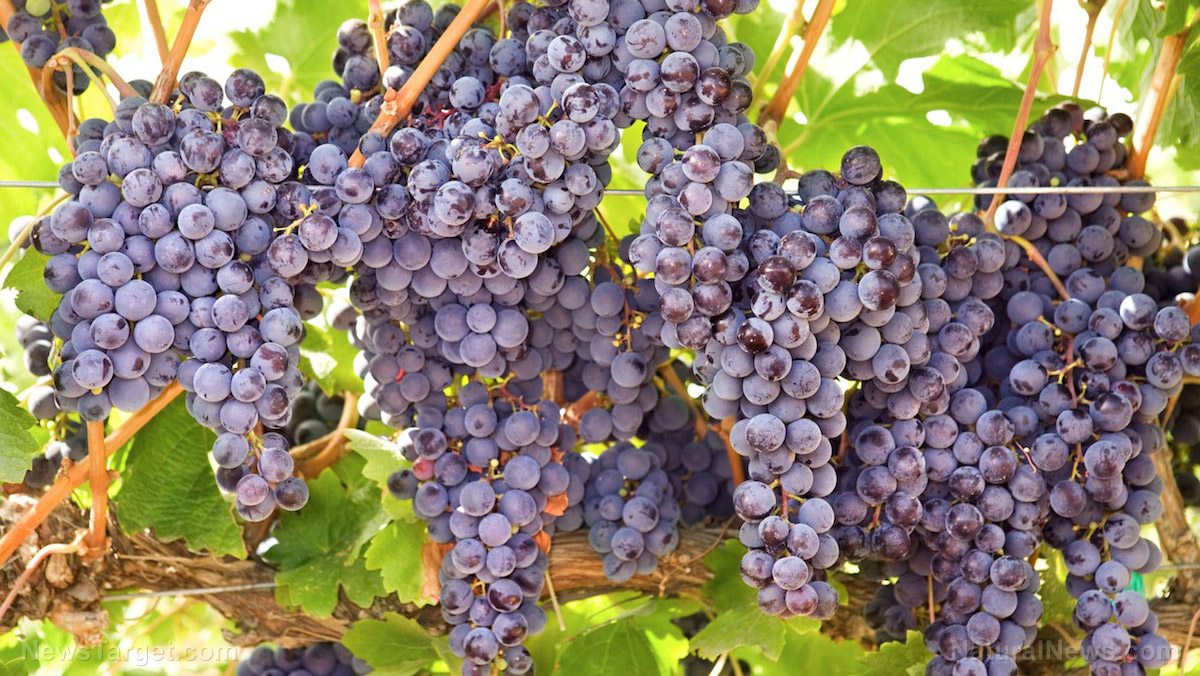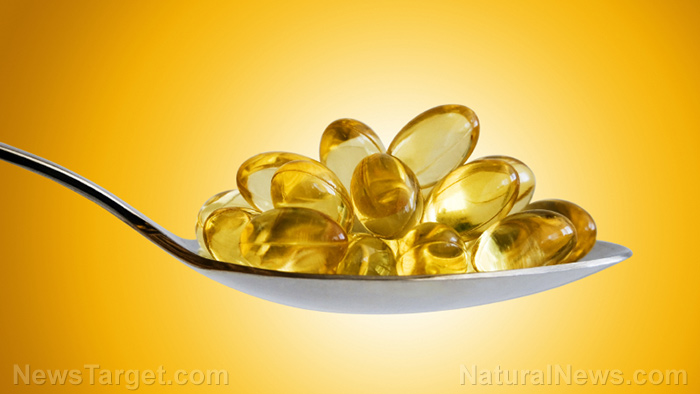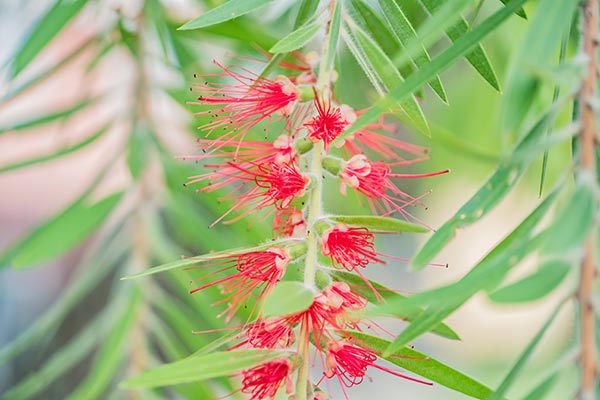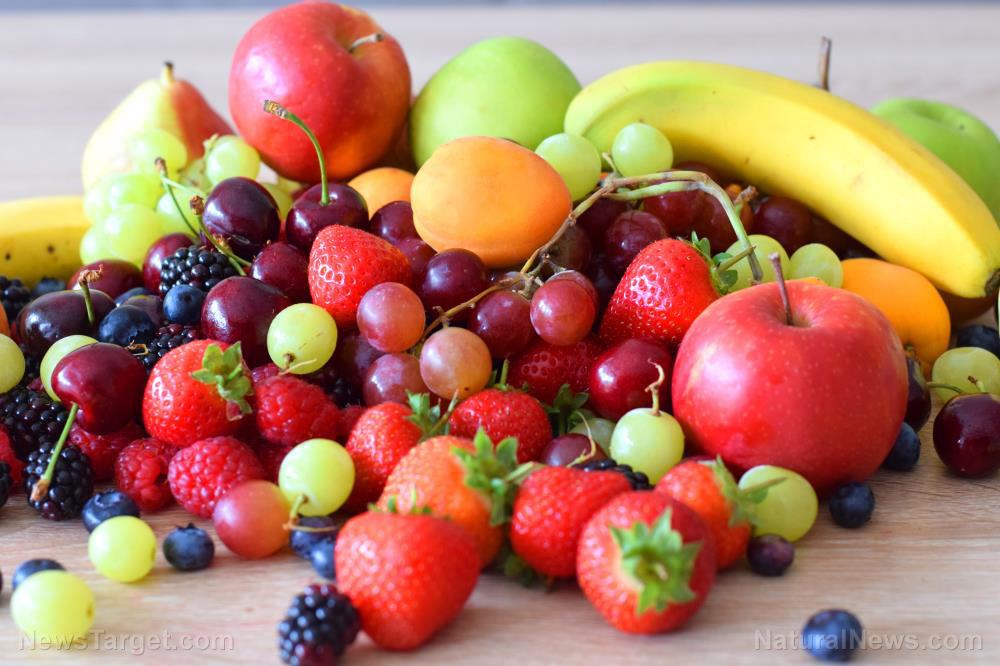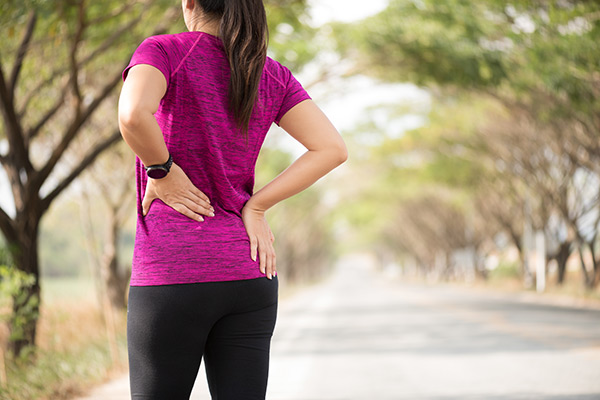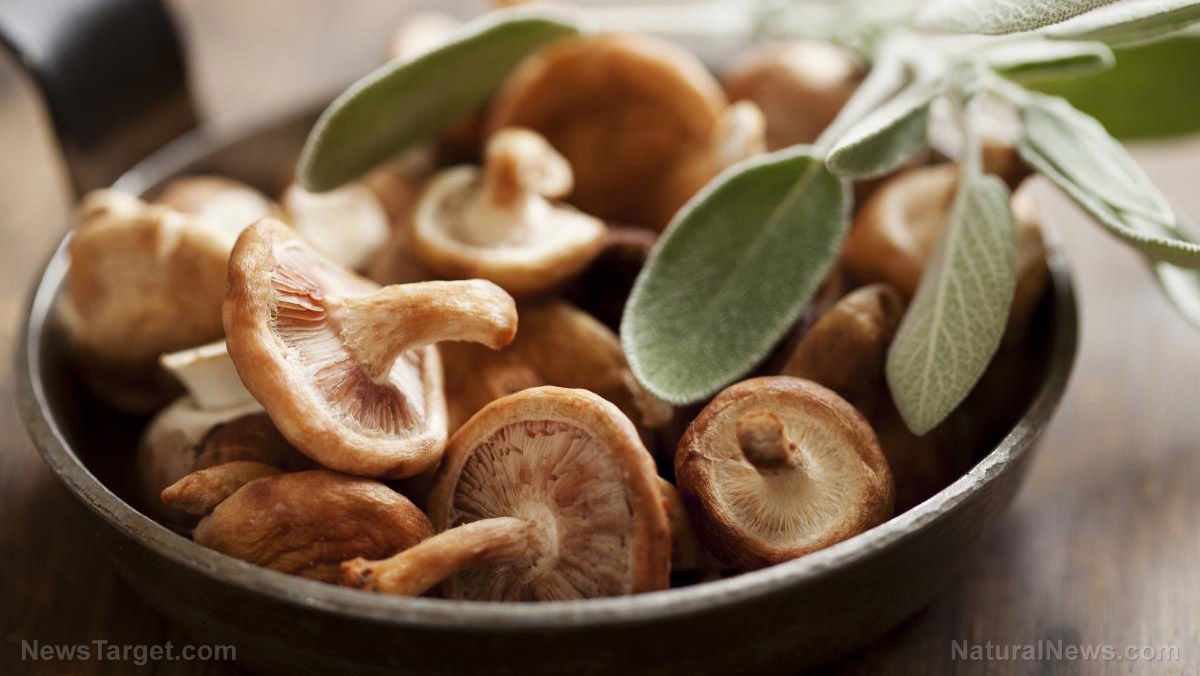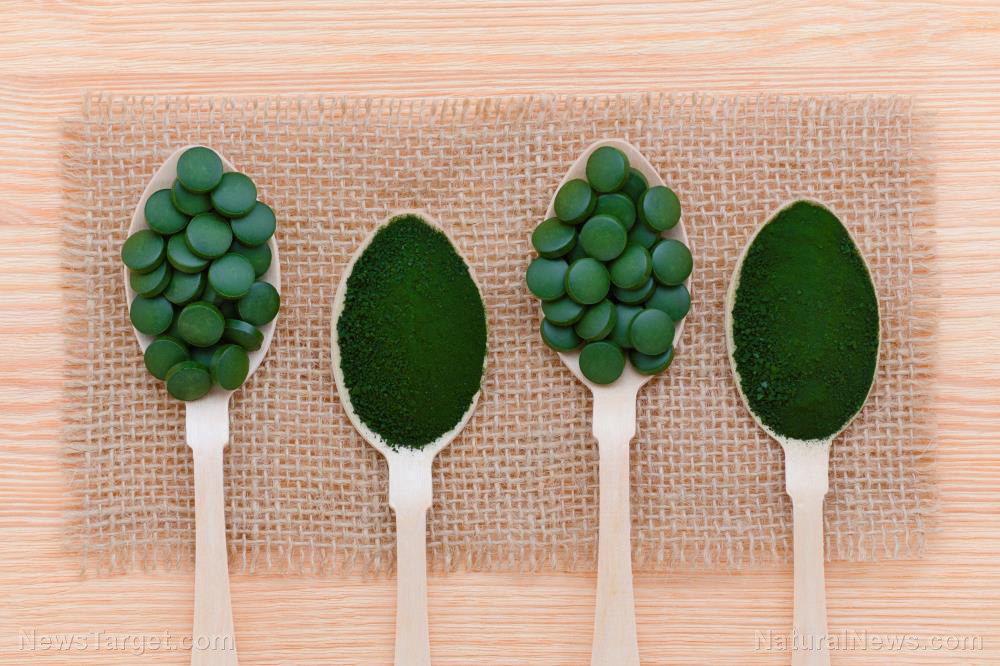Learn what a blood clot in the arm means, and how to treat it naturally
12/16/2019 / By Grace Olson

Blood clots commonly develop in the legs’ veins, but they can form in the arms as well. These clumps of semisolid blood are dangerous if they reach the tissues of critical organs in the body, including the heart and the brain.
What is a blood clot?
A blood clot usually forms around tears in the skin like cuts, wounds or scrapes. The platelets in the blood coagulate to help stop the bleeding, thus preventing too much blood loss. However, a blood clot can also form within the veins in different parts of the body. They usually appear in the legs and arms.
A blood clot can be life-threatening once it is dislodged. The “embolus,” a traveling blood clot, can travel to critical organs. If it settles in the veins of that organ, it can obstruct blood flow, causing the tissues in that area to die. This is the case in pulmonary embolism. A blood clot in the arm is disturbingly close to the lungs. For this reason, a blood clot in the arm – or anywhere else – must be attended to immediately.
Symptoms
The symptoms of a blood clot depends on what kind it is. Some blood clots form in the blood vessels near the skin, making them more visible. Others, however, form in deep veins, making them less obvious. Nonetheless, there are symptoms to watch out for that may alert a person of a blood clot. These include:
- A reddish or bluish hue on the arm
- Pain that feels similar to cramping
- Swelling in some parts of the arm
- Skin that is significantly warmer than the rest of the body
Risk factors
Some people are more prone to developing blood clots. If a person has experienced or exhibits a lot of the following, he may need to get a check-up.
- A recent implantation of medical device (i.e. catheters, pacemakers)
- A surgery
- Age over 60
- Obesity
- High blood pressure
- Using birth control pills
- Sedentary lifestyle (not stretching or moving for a long time)
- Smoking
- Hereditary causes
Natural treatments for blood clots
People who have a blood clot can rely on some natural remedies to help break it down. The following foods, in particular, can be helpful:
1. Turmeric
Turmeric contains curcumin, a compound that exhibits anti-coagulant properties. Curcumin helps prevent platelets from clumping in the veins. (Related: Abnormal blood clot formation can be prevented through natural means.)
2. Garlic
Garlic is known for several health benefits, including preventing blood clots. A natural blood thinner, the bioactive compounds in garlic help break down blood clots. Moreover, it helps improve blood flow and blood pressure by soothing the tissues of the arteries and causing them to dilate.
3. Chia seeds and flaxseeds
These seeds are rich sources of omega-3 fatty acids that can help lower LDL (bad) cholesterol and improve overall heart health. Chia seeds also directly affect the blood. Meanwhile, flaxseeds prevent platelets from coagulating too much. Chia seeds naturally help thin the blood, promoting blood flow.
4. Cayenne pepper
Cayenne pepper contains capsaicin, the active ingredient that gives it its fiery taste. Capsaicin improves blood circulation by helping clear lipid deposits, thus causing the arteries to dilate. This prevents blood clot formation and also breaks them down in the process.
Blood clots can become serious medical emergencies without proper care. Keep a lookout for the signs of blood clot and try the natural remedies listed above if you have a blood clot.
You can learn more about blood clots and other natural remedies at Health.news.
Sources include:
Tagged Under: blood clot, blood thinner, cayenne pepper, chia seeds, first aid, flaxseed, food cures, food is medicine, garlic, healing, natural cures, natural medicine, prevention, remedies, turmeric
RECENT NEWS & ARTICLES
COPYRIGHT © 2017 PREVENTION NEWS






